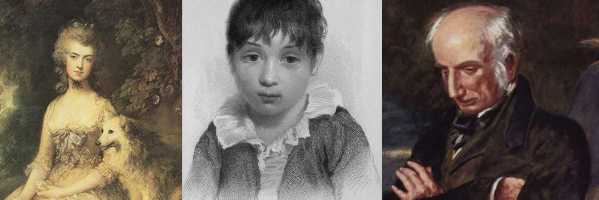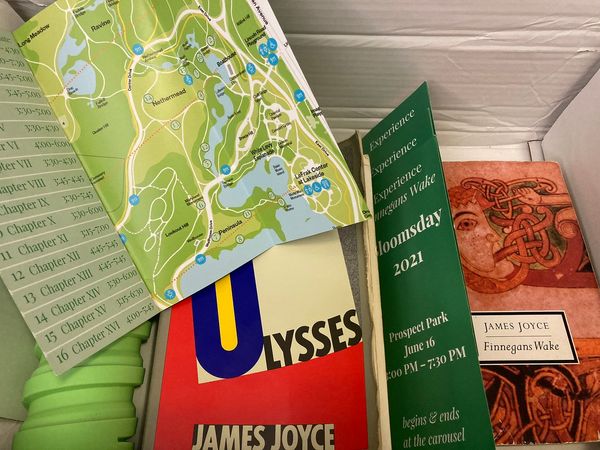Uninterrupted Connection and Infinite Grace

PreCursor Monthly – January 2021
As we enter into 2021, I am left with strong optimism for the future of literature, particularly electronic literature. Over the past week, I did a series of Twitter polls feeling out the expectations of some of my followers, leading me to make the following prediction:
The 2010s were where depicting the digital age in literature became mainstream. The 2020s will be where major authors make the jump to electronic.
You can read the rest of my thoughts here.
To meet and hear directly from one of the best electronic literature authors working today, consider joining me on Zoom on Saturday, January 16th at 12 PM EST to chat with J. R. Carpenter.
Pendulum Swings as Dance
Two big stories of today are the Georgia run-off election results and the Trump rally in Washington D.C. These are remnants of the prolonged election two months ago, and in a grander scheme, a continuation of the 2016 election.
The conspiratorial heart of contemporary society, accelerated by the quantity and rate of connections online, sets an even grander stage. One of the key suggestions among the more traditionally dramatic (television) class is one powerful figure being a puppet of another. A more distributed version of this is control through a mix of overt and covert propaganda. As Heinrich von Kleist describes in "On the Marionette Theatre,"
Each movement, he told me, has its centre of gravity; it is enough to control this within the puppet. The limbs, which are only pendulums, then follow mechanically of their own accord, without further help.
Hari Kunzru's September 2020 novel, Red Pill (the title referencing the Matrix-inspired meme that consuming sufficiently powerful media can irreversibly shift a person's ideological framework, rightward) looks back to the months preceding the November 2016 U.S. election. A scholar attempts to study Kleist, but instead of studying poetry, he becomes obsessed with his belief that the showrunner of a television crime drama is explicitly trying to redpill the populace into accepting Trump (and more).
It is not that one's hand is being guided in filling out the voting bubble. That happens of one's own accord. The more graceful puppetry here – that of the marionette – only requires shifting the center of gravity.
Fall Accelerationism (eve/acc)
In "Über das Marionettentheater" (1810), Heinrich von Kleist depicts a conversation between two men concerning the possibility of grace in Fallen humans – i.e., after Adam and Eve ate from the tree of knowledge of good and evil, a red appille.
The test for grace is through movement, specifically dance.
The core ideas are presented through a friend of the narrator. The narrator assumes the role of a cynic, whose standards for fine art blind him to what his friend might find of recurring value in the marionette theatre, a performance of small wooden puppets in the public market-place, a work of low culture. The friend, a more esteemed – but, alas, more human – dancer explains how an inescapable level of self-consciousness prevents people from perfectly executing a dance performance, whereas the much simpler marionette can potentially present perfect grace of movement.
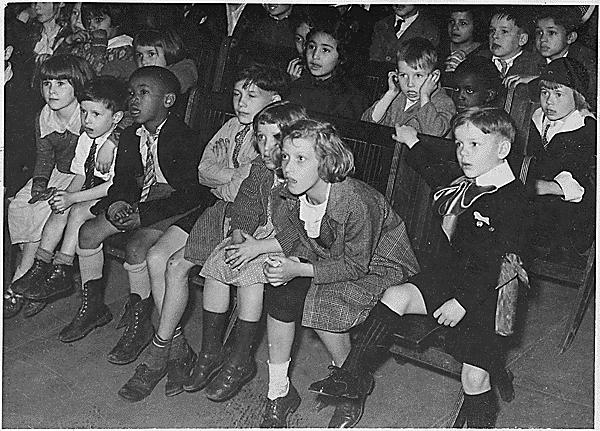
The dancer has a marionette design which he believes could achieve this lofty goal, though of course this would be illusory. Presenting the image of such grace would not be the same as achieving it in spirit. This recognition that the marionette is merely a demonstration, and not the true end goal, is key to understanding his conclusion:
Grace appears most purely in that human form which either has no consciousness or an infinite consciousness. That is, in the puppet or in the god.
But which goal is more achievable? And which more desirable to us in our Fallen state of mind? Through the original sin of eating the fruit containing knowledge of good and evil, mankind was permanently cursed with forbidden knowledge. There is no doing away with that, and so the narrator realizes, in a radical take on the story of Adam and Eve, "we must eat again of the tree of knowledge in order to return to the state of innocence."
This Romantic notion of the Fall as something to embrace in order to maximize our potential emerges in complex relation to the Enlightenment, but this idea of seeking grace through infinite knowledge is newly interesting through our more modern world of intelligence operations and digitization.
500 megaRedPills/s
In Red Pill, the narrator, an academic finding it difficult to be productive, leaves for a fellowship in Europe to study Kleist. He fantasizes of utterly free, isolated study in the (relative to his Brooklyn home) naturalistic Wannsee region outside Berlin. He wants to live briefly as the sort of solitary genius he sets out to study.
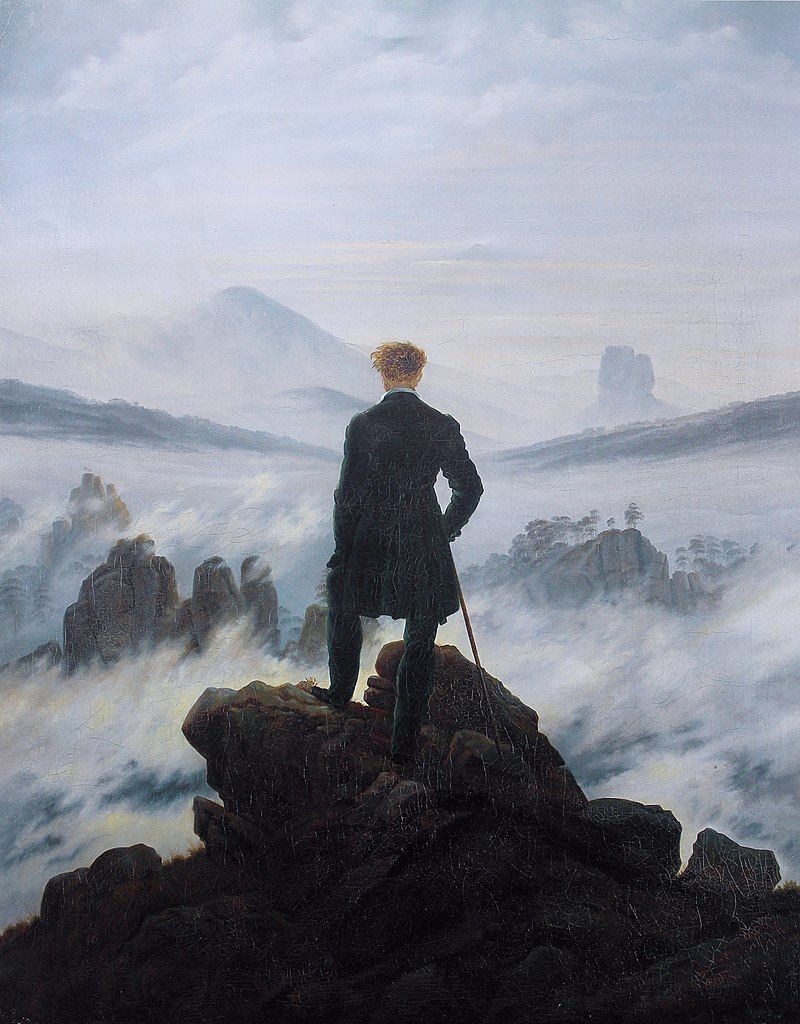
The initial tension in the novel is a comedy of errors: He failed to read the terms of the fellowship, which is founded on a principle of communal study. Fellows are expected to work extensively in a shared open-plan work-space.
He insists that he cannot work without privacy and tries to seclude himself in his bedroom, until the institute cuts off his Wi-Fi access. This leads him to make a plea,
trying to make him see how vital it was for me, for my creative process, for my book, a very important book on poetry, you could say important for poetry, perhaps even for art more widely, to have uninterrupted internet access.
Though with an eye toward electronic literature, such access might actually be seen as important for art, contextually this plea is meant as comic.
The loss of Wi-Fi access also leads him to the IT department, in which he accidentally stumbles on what appears to be footage of the institute spying on him even within the assumed-privacy of his bedroom. This kicks off intense paranoia, which deepens precisely the sort of self-consciousness which Kleist suggests distances us from a state of grace.
He needs, he feels, constant connection, but not the direct in-person connection of the shared space. In the shared space, the fact of surveillance is clear and palpable. It extends virtually as well, of course, but such concerns get drowned out through entertainment. What he really wanted the Wi-Fi for, we as readers know, is to continue to watch a low-culture crime drama.
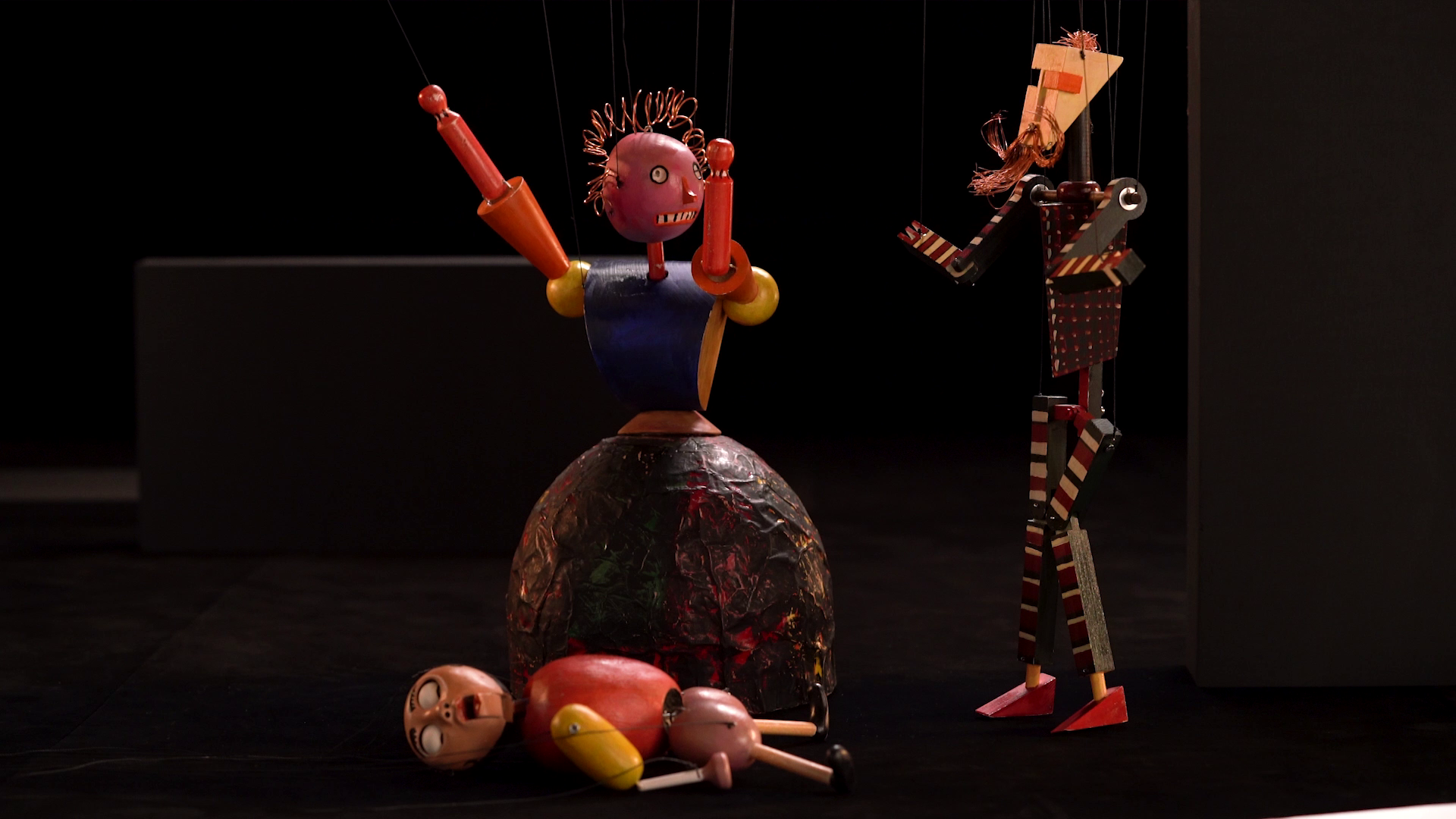
Soon after, the issue of privacy in the institute – which he begins to feel is just a front for the same Nazi impulses which were plotted out in this location in the previous century – is replaced with a new, more grandiose tension: The narrator meets the creator of the crime drama, Anton.
The narrator is deeply opposed to Anton's goals as he perceives them, yet Kunzru sets up a parallel between the guiding concerns of the two characters: wanting to secure a safe and happy future for their children. Beyond concern for only his own family (and race), the narrator goes absurdly far in trying to support a refugee wandering Berlin with a child – to the point where he gets mistaken for trying to buy the child – but between Anton and himself, the future is more of an either-or.
Kunzru leaves vague the extent to which Anton is actually set to the conspiracies the narrator believes, and what is merely paranoia. The narrator, browsing right-wing boards and forums, finds all the memes to be directed at him personally, operating under Anton's commanding lead. Anton becomes the narrator's "adversary" – Satan, leading the masses away from grace.
The election was an incredibly overstimulating hypermedia moment. On one side, you had 24/7 news coverage of everything Trump did, constant analysis from media elites, and social media frenzies. On the other side, 24/7 discussion communities, meme production, dissecting video of Hillary collapsing, tearing through WikiLeaks troves. This all culminates in the massive election night shift – the climax of Kunzru's novel – but removed as he was from his liberal Brooklyn world for most of 2016, the narrator sees beyond the immediate loss, into the Matrix.
At the center of the novel, Kunzru steps away from his primary narrator to allow an aging cleaning woman, Monika, to tell her own story. Situated in East Berlin, she gets caught up in Stasi tactics of surveillance and reporting on peers. Kunzru sets this up in parallel to the dynamics at play on social media and the sort of obsessive online digging and audio analysis – counter-intelligence – to which the narrator succumbs.
Disconnected as he is in the end, which way is art? Beauty? Grace? Sadly, he never actually sat down to his studies of Kleist.
Kunzru then never actually offers out a positive vision of this high-tech world, but merely presents three negative forms of digital technology use:
- Wasteful leisure that is actually a self-destructive downward spiral into bad ideas.
- Counter-intelligence tracking of individuals.
- Idle avoidance of people, social situations, and unpleasant feelings such as anxiety.
Election Coverage With and Without Bounds
Electronic literature provides another way of reflecting on elections, and the individual experience of them.
To explore some of the more encyclopedic possibilities of hypertext for fleshing out historical moments, consider watching this traversal (via the Electronic Literature Lab) of Mark Bernstein and Erin Sweeney's "Election of 1912." This is an early hypertext project, and in this commentary, you can hear how they worked around various limitations.
But what of the individual experience, as in Red Pill?
Writers may know November as NaNoWriMo (National Novel Writing Month), but November has also since been taken on as NaNoGenMo (National Novel Generation Month). In 2019, Nick Montfort proposed a further layer: Nano-NaNoGenMo, which imposes a constraint of limiting the computer program to a maximum of 256 characters.
Leonardo Flores' Nano-NaNoGenMo novel for this past November was, timely enough, "2020 Elections." You can view the full perl script and a sample of its output on GitHub. The text goes on, for over 50,000 words, along these lines (generating a different variant of this each time you run the script):
I voted and checked NPR and FOX and celebrated and Facebook and HuffPo and CBS and NYT and relaxed and NBC and celebrated and Facebook and BBC and HuffPo and ABC and worried and WaPo and relaxed and HuffPo and worried and BBC and Facebook and Facebook and CNN and BBC and NYT and NBC and celebrated and...
Most likely, no one will actually read 50,000 words of this, but we can conceptually understand that scale. Everything you need to know of the text is legible in the 256-character script. What we get is a very 2020 story of the maddening jumping around to different media and social media sources to try to follow a continually developing event.
The script sets a limit on how many iterations of the variables will run, but you could also adapt the script to have the media checks occur infinitely. You may not like it, but that is what peak grace looks like. That is the ideal marionette form.
Around the Web
- "Theorycels in Trumpworld": Geoff Shullenberger just put out this analysis of the links between the Trump administration and critical theory, which is worth reading. He also published his own review of Red Pill back in September.
- "What is a letter? Literary correspondence in the age of instant communications": In this essay, Hannah Williams considers the future of the letter as a literary genre. We have an abundance of letters from famous writers – in some cases written with an eye toward wider readership in the future – but our current communication technologies reshape what is to be archived and how.
- "Publication of the Lit(e)Lat Anthology, Volume 1": I look at just one example of electronic literature above, but it is a very wide world, and it is global. Just launched on December 30 is this new collection of electronic literature from Latin America and the Caribbean, bringing together 81 works from 52 authors, spanning six languages and ten countries.
This post was sent first via email as my free monthly newsletter. Each month, I look at least one work of new literature, classic literature, and electronic literature – bringing the three together in conversation. If you would like to receive similar content each month, just add your email address below and then click the confirmation sent to you:




